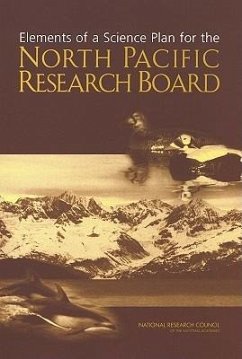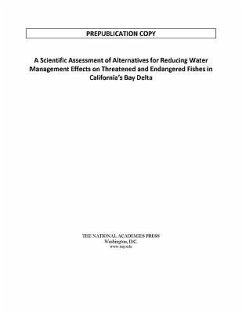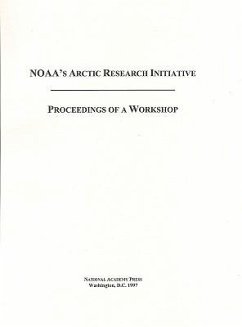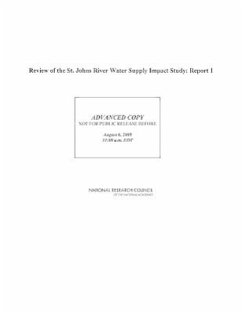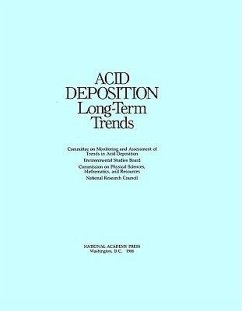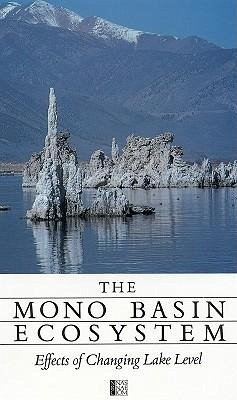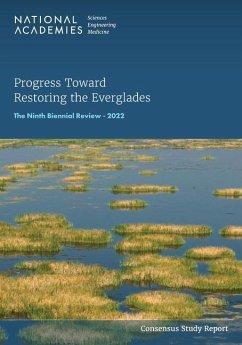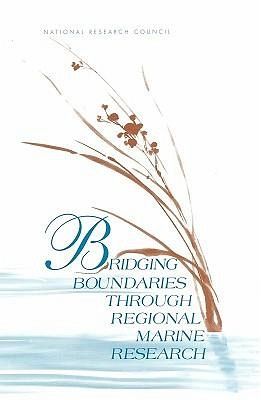
Bridging Boundaries Through Regional Marine Research
Versandkostenfrei!
Versandfertig in über 4 Wochen
42,99 €
inkl. MwSt.

PAYBACK Punkte
21 °P sammeln!
As appreciation of the interdisciplinary and multidimensional character of environmental issues has increased, there have been attempts to address regional needs more directly. One of these, the Regional Marine Research Program (RMRP), was established by Congress in 1990 to provide a mechanism to fund coastal marine research based on regionally-defined priorities. The RMRP legislation established a system of nine regional marine research boards around the United States. Each board was responsible for planning marine research to address issues of water quality and ecosystem health on a regional...
As appreciation of the interdisciplinary and multidimensional character of environmental issues has increased, there have been attempts to address regional needs more directly. One of these, the Regional Marine Research Program (RMRP), was established by Congress in 1990 to provide a mechanism to fund coastal marine research based on regionally-defined priorities. The RMRP legislation established a system of nine regional marine research boards around the United States. Each board was responsible for planning marine research to address issues of water quality and ecosystem health on a regional scale. Although all nine regions received funding for planning activities and development of a research plan, only the Gulf of Maine RMRP received funding for program implementation. The completion of the Gulf of Maine program, in 1997, presents an opportunity to evaluate whether the process for planning and managing the Gulf of Maine research was adequate, whether the research fulfilled the goals of the program, and whether this experience should serve as a model for similar regional programs elsewhere. Bridging Boundaries through Regional Marine Research is a study of the RMRP, with a specific review of the Gulf of Maine program as well as an assessment of other modesl for regional marine research. This report assesses the need for regional marine research, reviews processes by which regional marine research needs can be defined, and discusses existing programs for regional marine research in the United States. It also identifies short- and long-term approaches that might be taken by NOAA.






